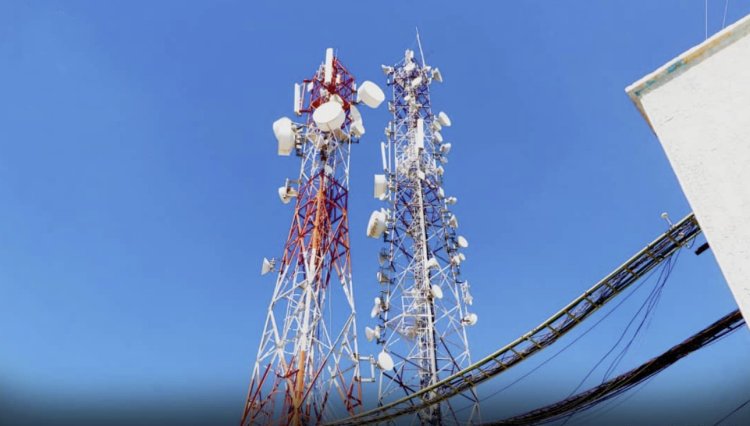Taliban Imposes Ban on Fiber-Optic Internet Services in Afghanistan

The Taliban have officially banned fiber-optic internet services in several provinces across Afghanistan, in a move that has disrupted communications, online education, and business operations.
Multiple sources confirmed to RM Media that fiber-optic (cable-based) internet has been cut off in Kandahar, Kunduz, Takhar, Badakhshan, Baghlan, Uruzgan, Balkh, Helmand, Nangarhar, Laghman, Khost, Paktia, Herat, and several other provinces.
In Kandahar, a local source speaking on condition of anonymity reported that wired internet services were suspended two days ago, with concerns that wireless internet could also be restricted soon.
In Herat, residents said internet speed has drastically slowed since yesterday, making access to online services increasingly difficult. Sources further reported that fiber-optic transmission projects in the province have been halted, suggesting a wider shutdown is imminent.
Similar reports have emerged from Nangarhar, Laghman, Khost, Paktia, Balkh, Uruzgan, Helmand, and other provinces, where people say the suspension of fiber-optic services has caused widespread disruption.
Taliban officials have acknowledged the decision, stating that the order came directly from the group’s supreme leader, Mullah Hibatullah Akhundzada. They claim the restrictions are intended to prevent “moral corruption,” curb unnecessary internet usage, and introduce “social reforms.”
The decision, however, has triggered strong backlash both domestically and internationally. Many Afghans compared the ban to restrictions on girls’ education, condemning it as harmful and misguided. Civil society activists and ordinary citizens have urged the Taliban to lift the restrictions, stressing that internet access is vital for daily life and development.
Residents across affected provinces report that the ban has disrupted business transactions and halted online services in many urban centers. Students and young people, particularly girls deprived of formal education under Taliban rule, are now facing greater challenges, as many had turned to online platforms for learning.
The slowdown and restrictions on internet access have raised serious concerns among students, professionals, and social media users, who fear that prolonged disruptions will severely affect education, commerce, and communication across Afghanistan.
Fiber-optic internet in Afghanistan is provided through underground cables that connect most provinces. Unlike wireless or mobile networks, fiber connections are faster and more stable, making them essential for government institutions, businesses, and international organizations operating in the country.
